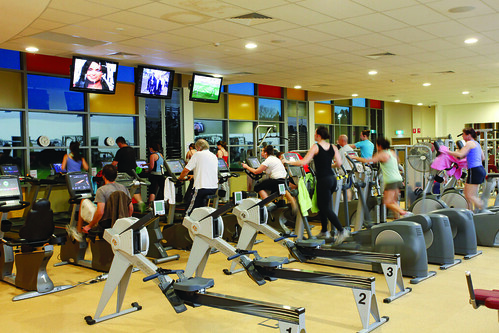We all want to be happier, but everyone tends to be terrible at predicting what will make us happy. Believe it or not there is actually a whole body of psychological research studying what works and what doesn’t. It is strange to me that we don’t discuss this subject more often as our society seems so obsessed with health. In one study of 678 elderly nuns the group that tested as the happiest lived 9.3 years longer than the least happy group.
Did you know that Pessimism is a more powerful risk factor for a shorter life span than smoking or alcoholism. We all wonder about those people who eat right and exercise and seem to be doing all the right things and then pass at a seemingly early age. When someone you know of passes away from a heart attack at age 55 after taking up marathon running everyone comments and tries to make sense of it. But no one ever says, “Well how happy was he really?” or “I never really thought about it before, but maybe his pessimism had an affect.”
Perhaps we should take these events not as an excuse to skip a few weeks at the gym, but as wake up call to spend a little more time learning about happiness and emotional well being. So lets look at what works to make us happy and what doesn’t.
Some things that Don’t Work:
- Wealth (after meeting basic needs)
- Education or high IQ
- Sunny days
- Being young
What does work:
- Mindful savoring – being connected to or attending to what you are doing
- Engagement or flow – full immersion in and enjoyment of the process of an activity, an energized harrenssing of emotions and in the service of learning or performing a task, often referred to as being “in the zone,” “on a roll,” “in the grove,” or “on fire”
- Meaning & Connection – strong ties to family and friends, giving attention to something larger than yourself, performing acts or altruism or kindness
So don’t stop exercise, don’t take up smoking, and eat your vegetables. However, if you are going to go to all the trouble of doing all that consider giving equal attention to learning more about how to be happy.
Research information source: Workshop presentation of Ronald D. Siegel, Psy. D. The Power of Mindfulness: Mindfulness Inside and Outside the Therapy Hour
Photo credit: UNE Photos http://www.flickr.com/photos/unephotos/6497104445/sizes/m/in/photostream/


No Comments